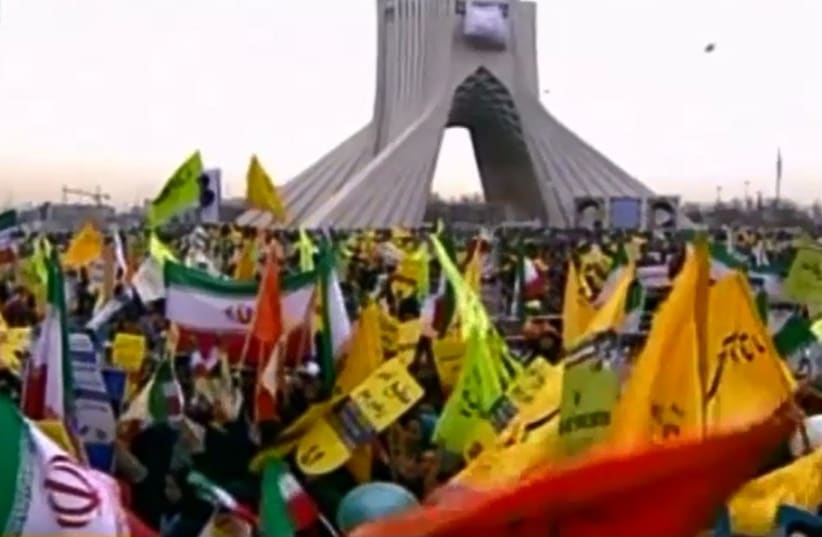See the latest opinion pieces on our page
The Iranian people would win. The region would win. The US would win.But that moment was lost and perhaps now, as we sit only five days away from potentially striking a deal with a regime that has only become increasingly brazen in six years’ time, it’s clear that the White House strategy was to favor diplomacy with a charlatan partner over supporting a grassroots-movement regime change for 75 million.A popular chant among the protestors on the streets of Iran was, “Obama, are you with them or with us?!” And at the moment, despite a cogent letter by five former Obama advisers, bipartisan agreement among American lawmakers in the House and Senate, stern warnings from our allies in the Gulf States, it still appears that President Barack Obama and Secretary of State John Kerry will push forward for a deal.At the end of March, on the eve of the previous nuclear negotiation deadline, I wrote this in an op-ed: “The barbaric crimes against women, the youth, journalists, dancers, musicians, Christians, Baha’is and others will go on without a mention under current negotiations with the West, as will the incarceration of three American citizens, Pastor Saeed Abedini, Marine Amir Hekmati and Washington Post journalist Jason Rezaian, as well as possible information about CIA operative Robert Levinson.“Talks also leave out any preconditions about the Iranian regime’s activities and support of terrorism in the region including backing the Houthi rebels in Yemen, propping the Bashar al Assad regime in Syria, providing financial and other support for Hezbollah in Lebanon and Hamas in the West Bank and Gaza, their presence in Latin America and elsewhere.”Not much has changed with respect to the Iranian regime since the last deadline, the one before, or even the one before that.The regime continues its barbaric practices at home against its people, in the region building terror networks and instability, and sadly, there is no sign of release for the American prisoners.And if the argument is that the deal only focuses on curbing the Iranian regime’s nuclear program, well, sadly, we aren’t getting much in terms of that either.Iran’s government is doing everything in its power to ban nuclear inspectors’ access to any military sites, and has already announced that nuclear scientists cannot talk to the press.And the most inconvenient fact of all: A little over three weeks ago, international inspectors announced that Iran’s stockpile of uranium fuel had increased by about 20 percent in the last year-and-ahalf of negotiations, completely undermining President Obama and Secretary Kerry’s narrative that its program had been “frozen” during this time.Since the interim deal was announced at the beginning of April, the government in Tehran has proven to the world what its people were trying to convey in 2009; they cannot be trusted.The author, a journalist and commentator, is a Fox News contributor.
Iran’s 2009 Green Revolution, Michael Jackson and the upcoming Iran deal
Since the interim deal was announced in April, the government in Tehran has proven to the world what its people were trying to convey in 2009: they cannot be trusted.
